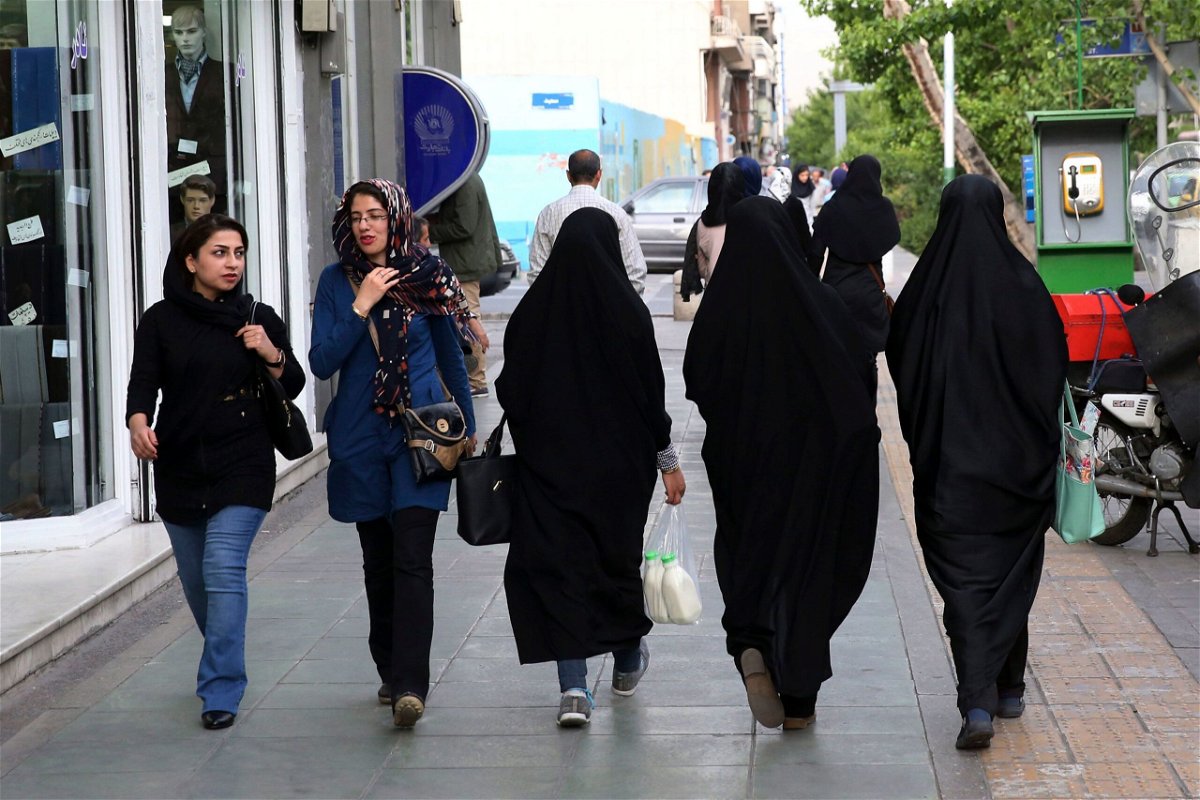Iran’s morality police resume headscarf patrols, state media says

Iranian police have announced a new campaign to force women to wear the Islamic headscarf.
By Artemis Moshtaghian, Hande Atay Alam and Kathleen Magramo, CNN
(CNN) — Iran’s morality police will resume patrols to make women comply with strict Islamic dress codes, state media reported Sunday, 10 months after the death of a young woman in their custody triggered nationwide protests.
Saeid Montazeralmahdi, spokesman for Iran’s enforcement body, Faraja, said police will restart vehicle and foot patrols across the country from Sunday, the state-run Fars news agency reported.
Officers will first warn women who are not complying, while those who “insist on breaking the norms,” may face legal action, he said.
The morality police were cast into the international spotlight in September last year, when 22-year-old Mahsa Amini died three days after being arrested by the force for wearing her hijab, or headscarf, incorrectly and taken to a “re-education” center.
Her death sparked nationwide protests that rocked the country, posing one of the biggest domestic threats to Iran’s ruling clerical regime in more than a decade.
Authorities responded violently to suppress the months-long movement, during which witnesses said the morality police had virtually disappeared from the streets of Tehran.
Iran executed at least 582 people last year, a 75% increase on 2021, according to human rights groups who say the rise reflects an effort by Tehran to instill fear among anti-regime protesters.
The morality police have access to power, arms and detention centers and control over “re-education centers,” Human Rights Watch told CNN last year. The group is sanctioned by the United States and the European Union.
The centers act like detention facilities, where women – and sometimes men – are taken into custody for failing to comply with the state’s rules on modesty.
Inside the facilities, detainees are given classes about Islam and the importance of the hijab, and are forced to sign a pledge to abide by the state’s clothing regulations before they are released.
The-CNN-Wire
™ & © 2023 Cable News Network, Inc., a Warner Bros. Discovery Company. All rights reserved.



